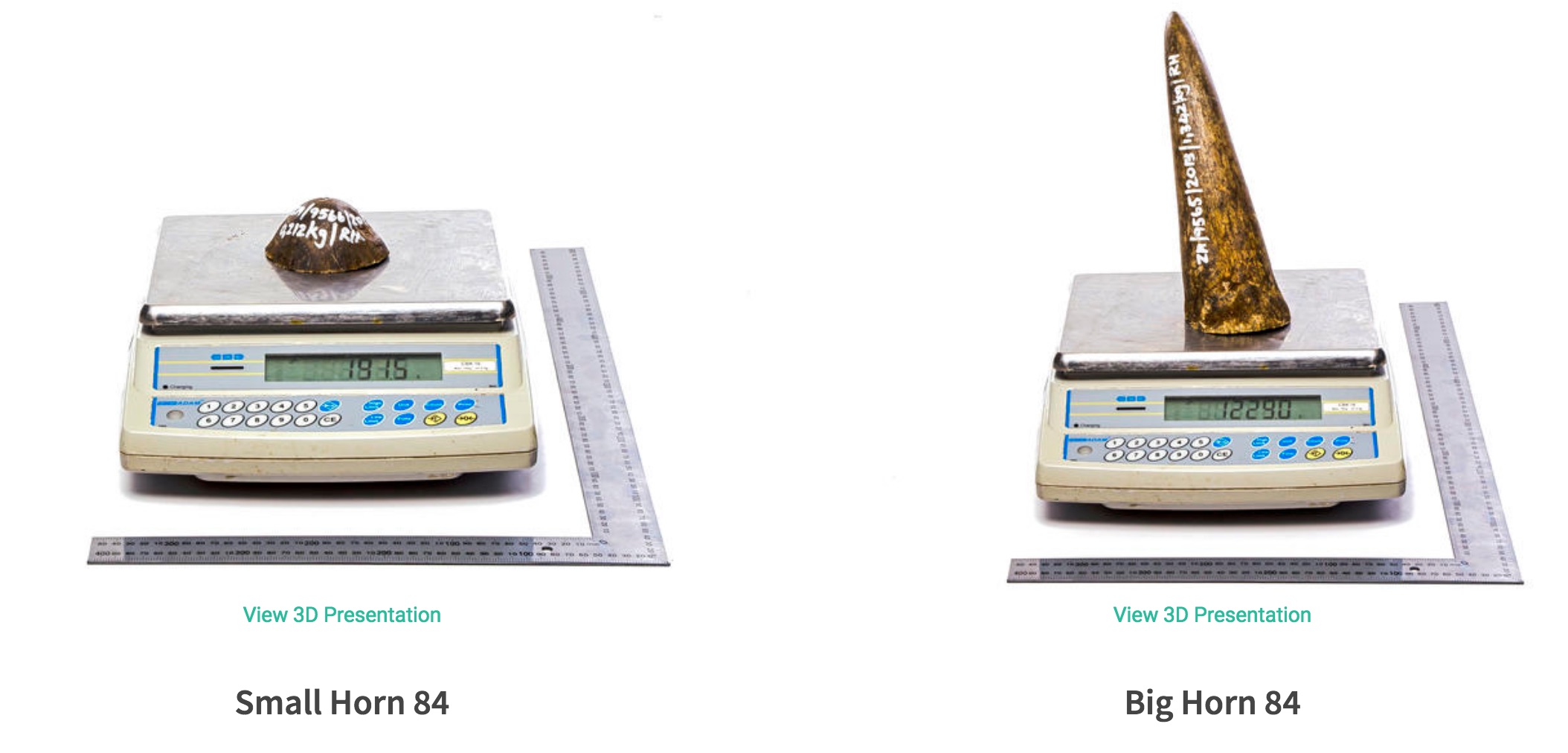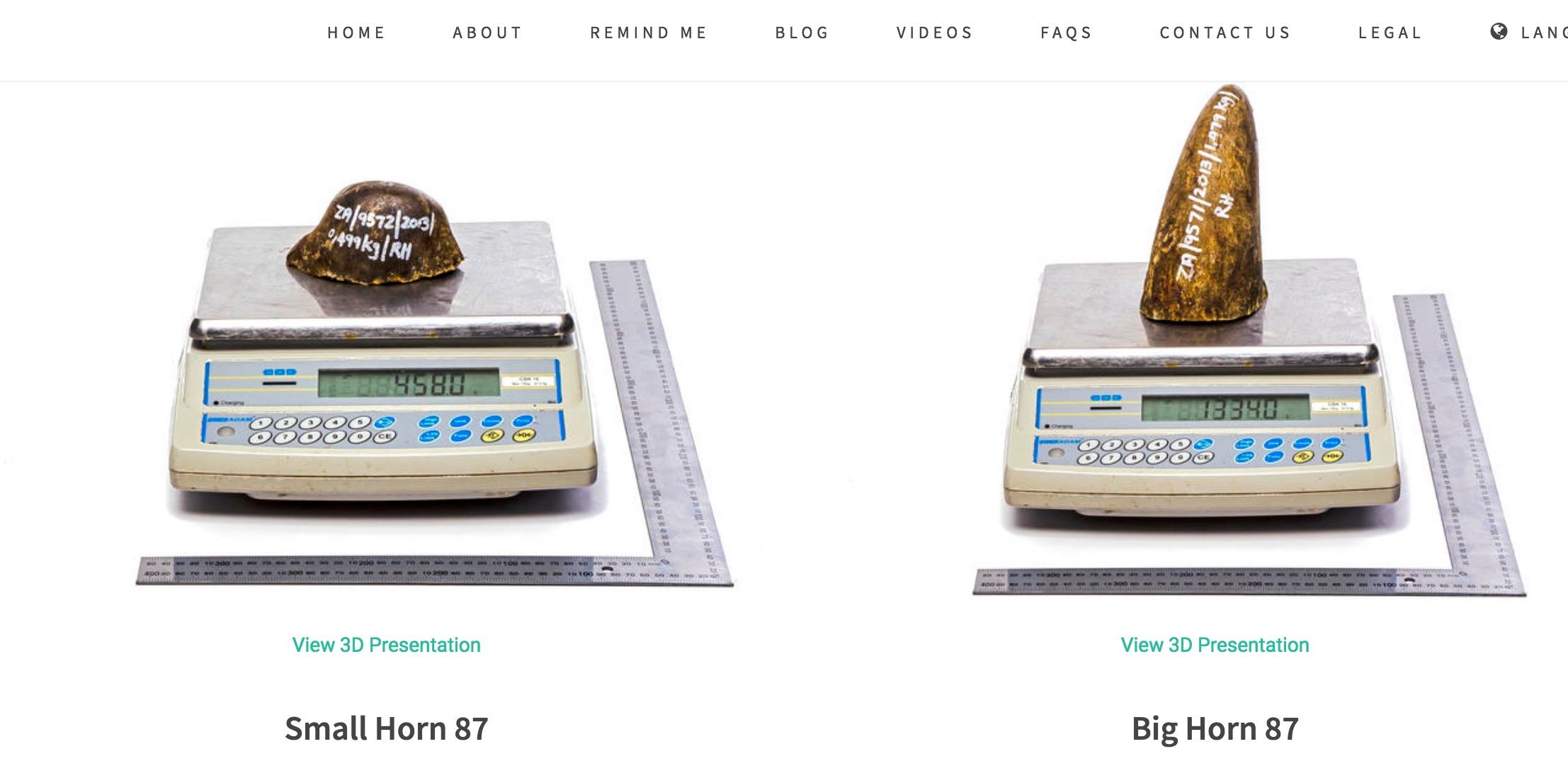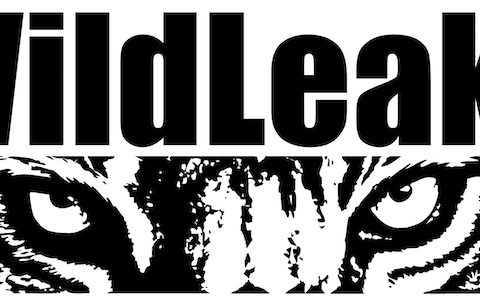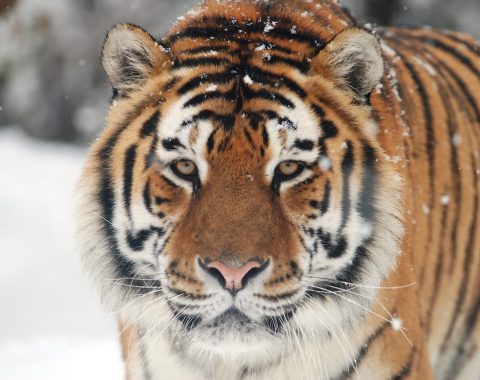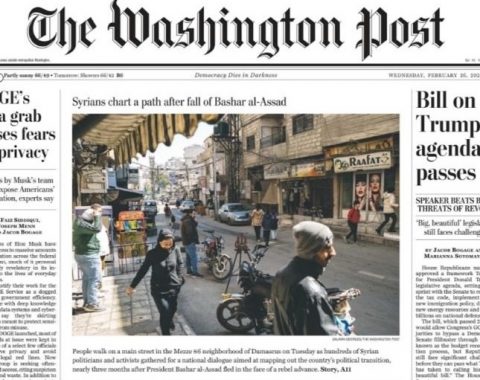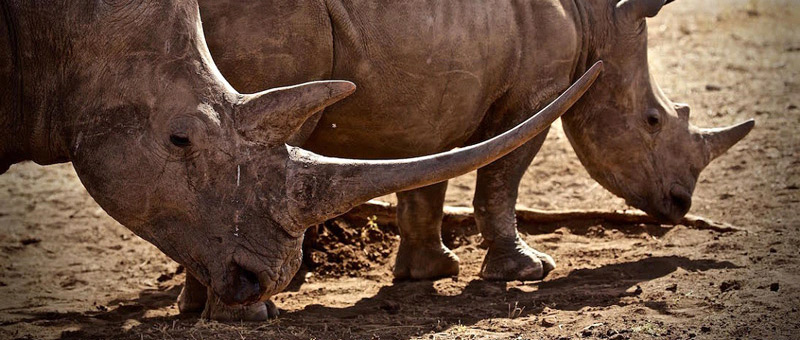WildLeaks recently received a leak containing pictures of rhino horn lots from the first legal rhino horn auction in South Africa. The auction was held by private rhino horn owner John Hume in August 2017 and the details – pictures, pricing, and number of lots sold – have never been made public. South Africa legalized the sale of rhino horn domestically that same year.
The pictures received by WildLeaks show clearly that some of the pieces for sale were very small, just a few grams. These small pieces would not be considered trophies – something possibly desired by South Africans. Instead, given that the auction website was translated into both Vietnamese and Chinese, it is much more likely that they were marketed for illegal export to the Asian market.
Vietnam and China are the primary consumers of rhino horn, with the supply coming largely from significant poaching in southern Africa. Vietnamese and Chinese buyers can legally purchase rhino horn in South Africa, but technically cannot take it out of the country. Once bought legally, though, it is unlikely that the South African government would be able to effectively monitor the movement of the rhino horn.
Like with legal ivory markets in other countries, a local legal market in South Africa only serves to fuel demand in the Asian market. Worse, it offers a mechanism to launder illegal horn that has been poached through the legal market, especially small pieces of rhino horn like those found in these screen shots. These small pieces of rhino horn were plainly prepared for the Asian traditional medicine market and for illegal export to Asia.


